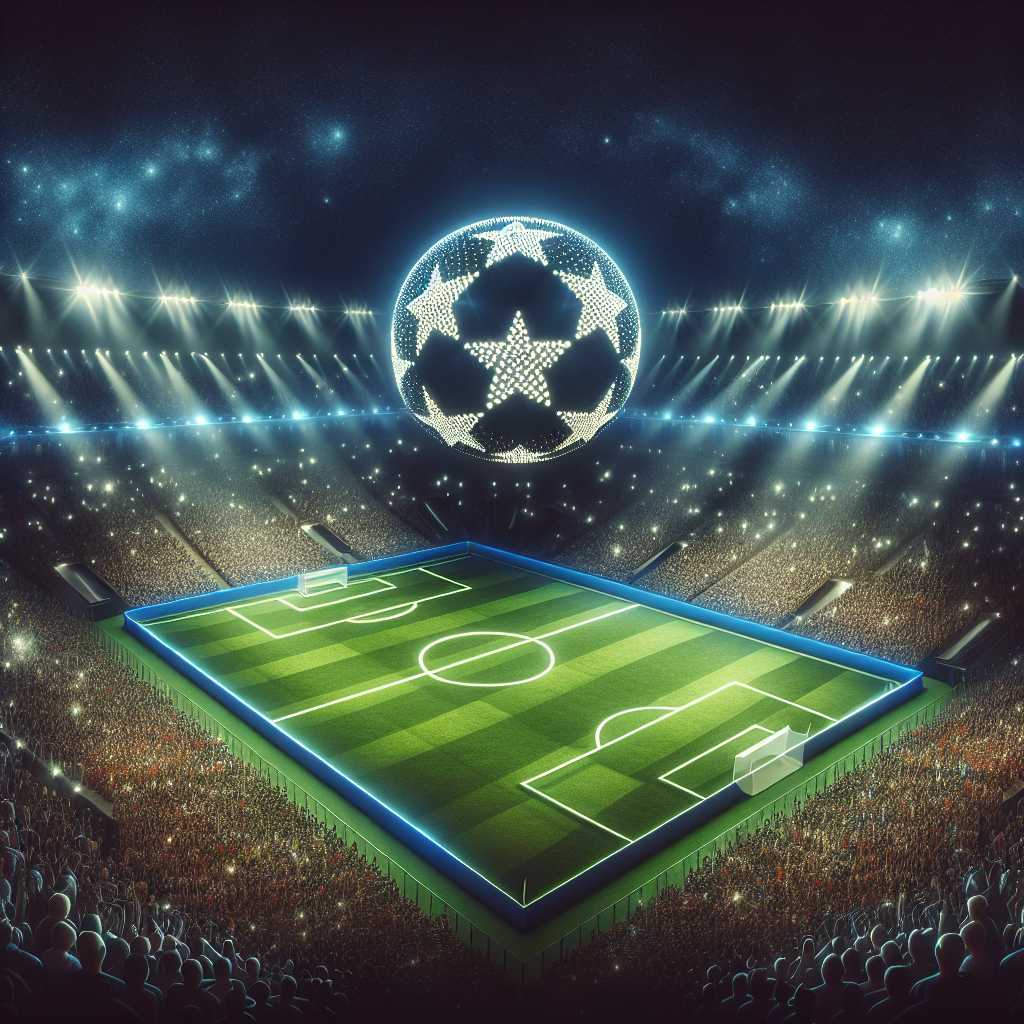# The Allure and Global Impact of the UEFA Champions League
Introduction: Understanding the UEFA Champions League Phenomenon
The UEFA Champions League is an annual club football competition that is organized by the Union of European Football Associations (UEFA). It is considered one of the most prestigious tournaments in the world and features the top football clubs from Europe competing for the honor of being crowned continental champions.
The Format and Structure of the Champions League
The Champions League was introduced in 1955 as the European Champion Clubs’ Cup, commonly known as the European Cup, and was rebranded with its current name in 1992. The competition begins with a series of qualification rounds, followed by a group stage and then knock-out rounds which culminate in the final match.
Group Stage: The Foundation of Competition
The group stage consists of 32 teams split into eight groups of four. Each team plays home and away matches against the other three teams in its group, with the top two teams from each group advancing to the knockout phase.
Knockout Phase: The Path to Glory
The knockout phase includes round-of-16, quarter-finals, semi-finals, and finally, the grand final. This is a two-legged affair except for the final, which is played as a single match at a predetermined venue selected years ahead.
Prestige and Historical Significance
The Champions League’s prestige lies in its rich history and the participation of some of Europe’s most successful and storied football clubs. Iconic teams like Real Madrid, AC Milan, Liverpool, and Bayern Munich have contributed memorable moments and legacies to the tournament.
Economic Impact and Club Revenue
Participation in the Champions League not only bestows prestige but significantly boosts a club’s finances through matchday revenues, TV rights deals, and performance bonuses. Achieving success in this competition directly translates to increased commercial revenue and global brand exposure for clubs.
Global Audience: The Universal Appeal
Televised worldwide, the Champions League reaches an enormous audience across different continents. With dramatic storylines, high-quality football, and international stars on display, its global allure is a testament to football’s ability to unite disparate audiences.
Cultural Significance: More Than Just a Game
The Champions League also has immeasurable cultural significance. It has been a stage where legends are made and where epic stories have unfolded—moments that have become integral to the fabric of footballing folklore.
Case Studies: Iconic Moments and Finals
Analysing past finals—such as Manchester United’s dramatic comeback in 1999 or Liverpool’s ‘Miracle of Istanbul’ in 2005—offers insights into how matches can ascend into historical mythos and continue to inspire fans around the world.
Modern Developments: VAR and Regulations
In recent seasons, technological implementations like Video Assistant Referee (VAR) and evolving financial regulations like Financial Fair Play (FFP) have altered the competition’s dynamics by adding additional layers of fairness and transparency to matches.
Controversies and Criticisms
No competition is without its detractors or controversies; from accusations of seeding biases to concerns over an increasing gap between elite clubs and smaller teams, debates swirl about how to maintain competitive balance within the tournament.
Future Outlook: Progression and Adaptation
The future of the UEFA Champions League hints at potential format changes, greater inclusivity with expanded participation, or even distribution models known as ‘Champions League 2.0’. Whatever form it might take, adapting to changing times while preserving tradition will remain crucial for UEFA.
Notes
Conclusion: An Everlasting Legacy
Since its inception, UEFA’s premier club competition has created great excitement, passion, and memories that echo through history. Its continuity will always stir emotions across nations from August to May every year. Whether you’re a die-hard fan or casual observer, you can’t help but be swept up by its timeless charm.
